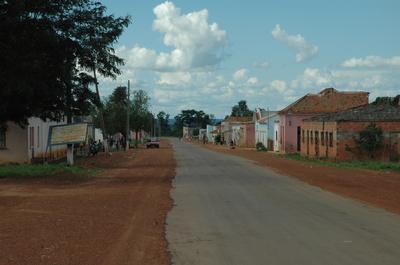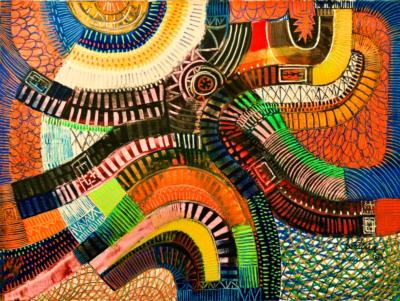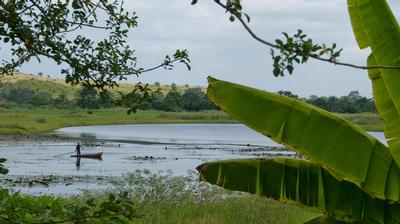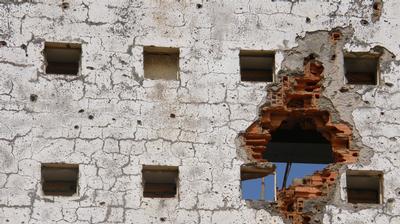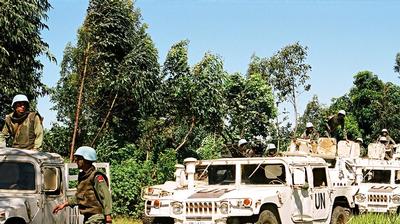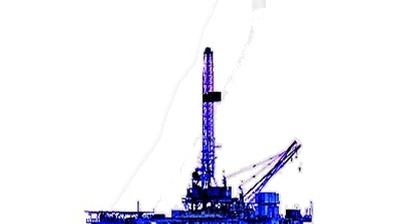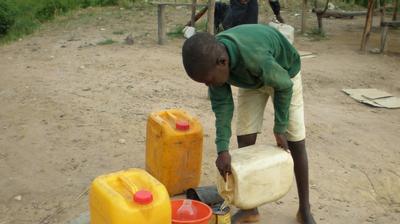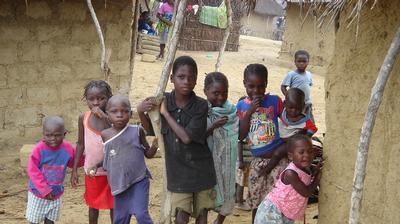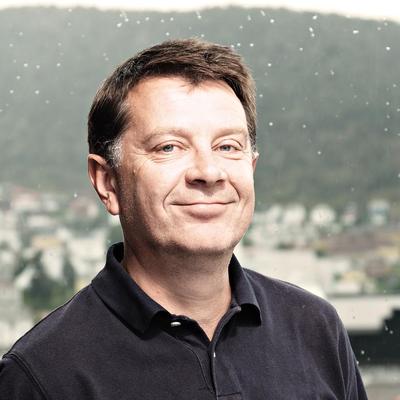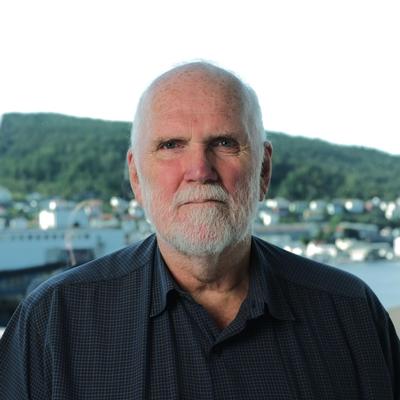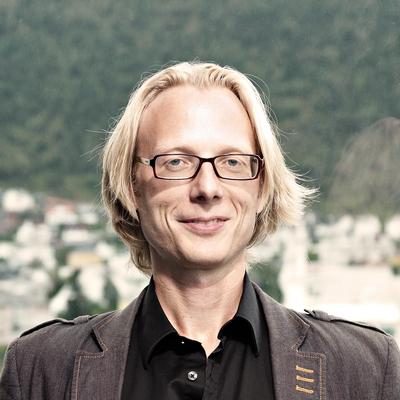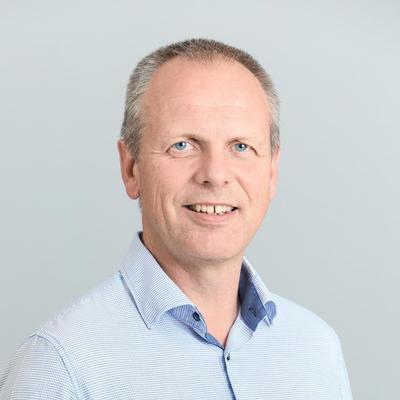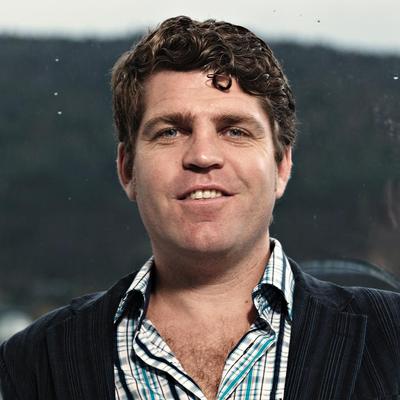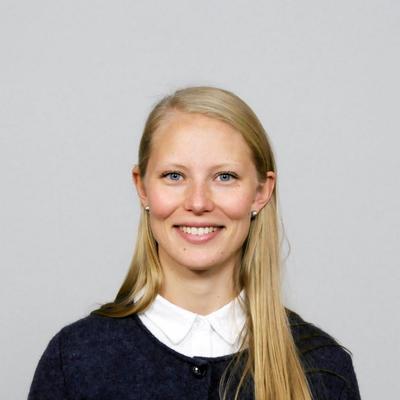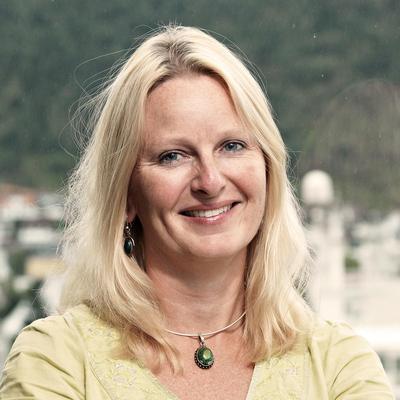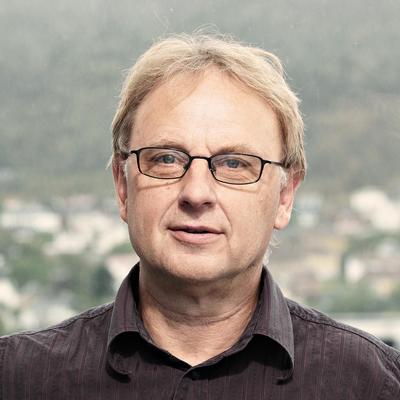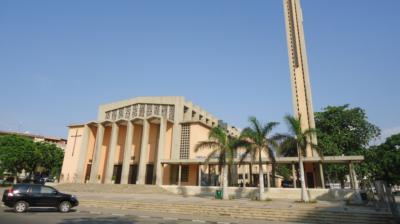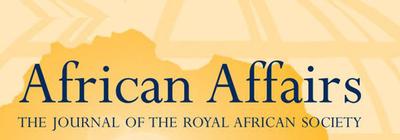Photo: jbdodane/flickr.com
Angola
Completed projects

Jan 2015 - Nov 2018
Urban and Rural Poverty Dynamics in Angola
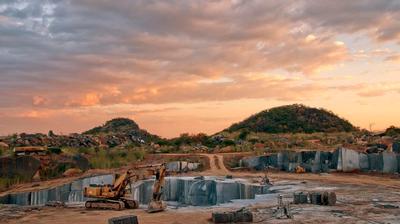
Mar 2015 - Dec 2017
CEIC-CMI Angola Programme

Feb 2015 - Dec 2017
Gender Relations and Human Rights in Angola

Jan 2015 - Dec 2017
Extending the CEIC-CMI Macro model for Angola

Jan 2015 - Dec 2017
Diversification of the Angolan Economy

Jan 2015 - Dec 2017
Inequality in Angola
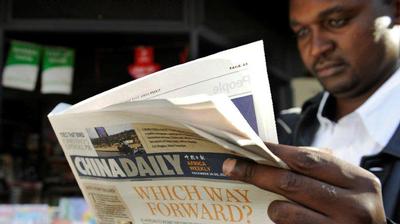
Jan 2013 - Dec 2016
The Voice of China in Africa - Media and soft power
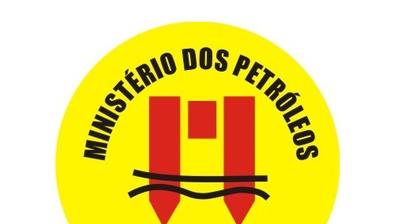
Sep 2015 - Nov 2015
Risikoanalyse: Olje for Utvikling-programmet i Angola

Jan 2010 - Jun 2015
After Violence: Transitional Justice, Peace, and Democracy
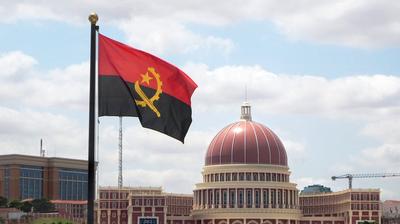
Jun 2011 - Dec 2014
Taxation and local democracy under the oil state
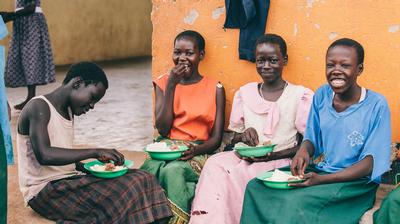
Jan 2011 - Dec 2014
Poverty and entrepreneurship
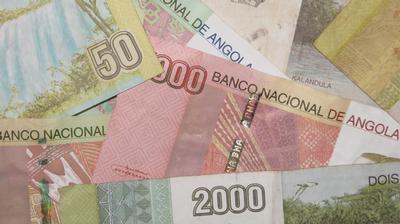
Jan 2011 - Dec 2014
Diversification of the Angolan economy
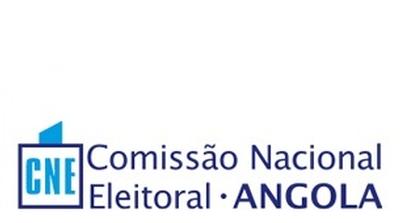
Jan 2010 - Apr 2014
Angola: Political institutions and elections

Jan 2011 - Jan 2014
CEIC-CMI Angola Programme (phase 2)
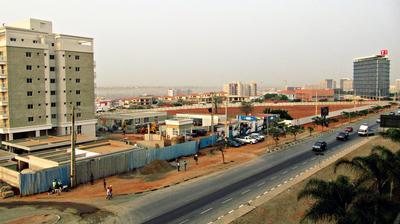
Jan 2009 - Dec 2010
Angolan infrastructure in a regional perspective
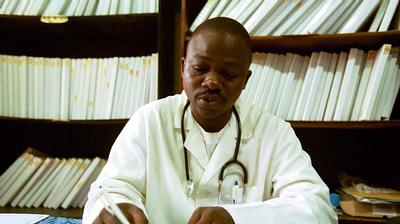
Jan 2009 - Dec 2010
Health, Poverty and Public Expenditure
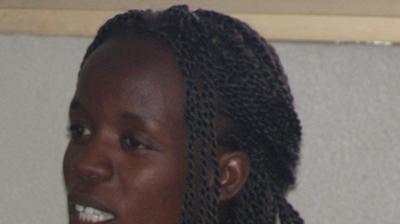
Oct 2008 - Dec 2010
Participation, representation and taxation in local governance in Angola
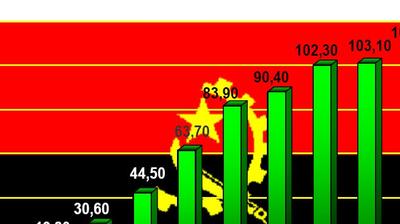
Apr 2008 - Dec 2010
Budget system and Public expenditure

Feb 2008 - Dec 2010
Annual CEIC/CMI seminar

Feb 2008 - Dec 2010
Acquisition, Project Control and Financial Management

Jan 2008 - Dec 2010
Short courses: Social Science Methodology
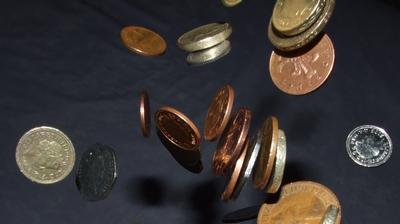
Jan 2008 - Dec 2010
Micro credit for Sustainable Development in Angola
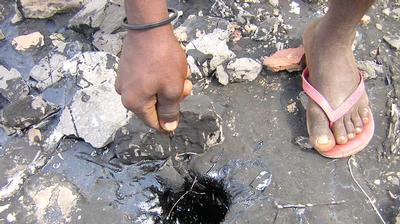
Jan 2008 - Dec 2010
Comparative Corporate Strategies
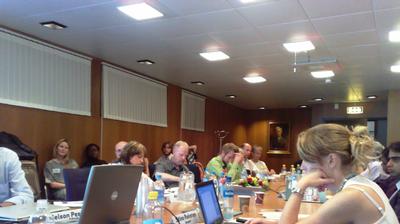
Jan 2008 - Dec 2010
Macro Model for Angola

Jan 2008 - Dec 2010
Angola: Effects of 1992 elections
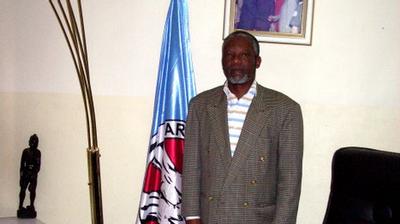
Jan 2008 - Dec 2010
Political Parties in Angola

Jan 2008 - Dec 2010
ICT capacity

Mar 2007 - Dec 2009
Augmenting teaching resources at UCAN

Jun 2008 - Dec 2008
Appraisal of NPA Mine Action Programme proposal in Angola
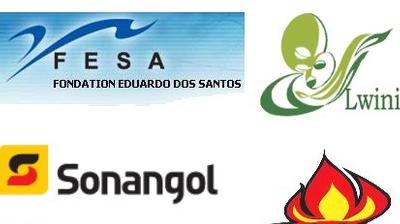
Mar 2007 - Dec 2008
Angola: Social Funds
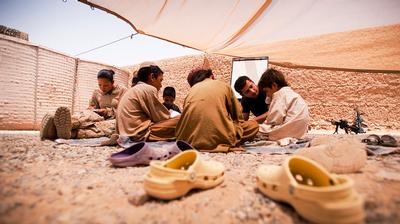
Aug 2006 - Dec 2008
Violence in the post-conflict state
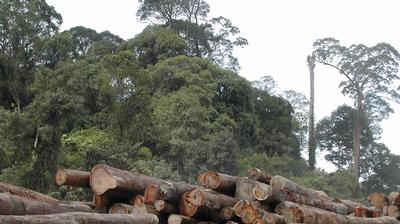
Dec 2007 - May 2008
Norske bedrifters CSR-relaterte utfordringer
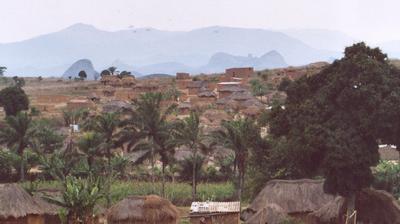
Mar 2007 - Dec 2007
The Political Economy of the Angolan Budget Process
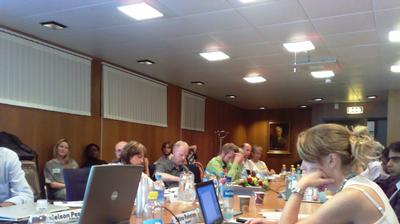
Mar 2007 - Jun 2007
Cooperation on improvement of IT system at CEIC

Mar 2007 - Apr 2007
Poverty Monitoring and Evaluation in Angola
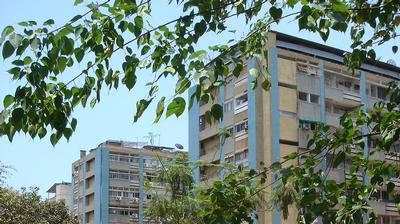
Oct 2006 - Feb 2007
Budget Process and Transparency in Angola
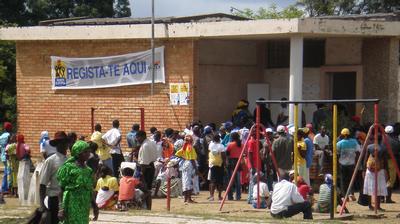
Feb 2006 - Nov 2006
Angola: Civil Society as Promoters of Governance and Accountability

Aug 2005 - Feb 2006
Mid-term review of the programme of Norwegian People's Aid in Angola

Jan 2005 - Dec 2005
Business ethics for multinational corporations in developing countries

Jan 2004 - Dec 2005
Social responsibility of oil companies: Angola
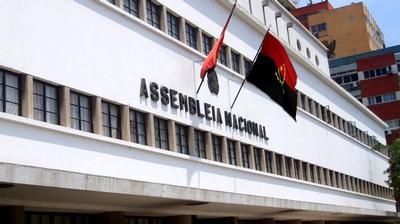
Jan 2003 - Dec 2005
Good Governance in Angola: Parliamentary Accountability and Control

Jan 2000 - Dec 2004
Review of UNDP in Angola

Jan 2003 - Dec 2004
Good governance in Angola: The role of the courts

Jan 2003 - Dec 2004
Social responsibility and strategies for internationalisation: The Angolan Case

Mar 2003 - Dec 2003
Angola. Key Development Issues and Political Decentalisation

Jul 2001 - Sep 2001
Corruption and public procurement

Jan 1999 - Jan 2001
Country specific aid reviews

Jan 2000 - Dec 2000
Review of UNDP in Angola

Jan 1997 - Dec 1999
Monitoring Political and Economic Developments in Angola

Jan 1996 - Dec 1997
